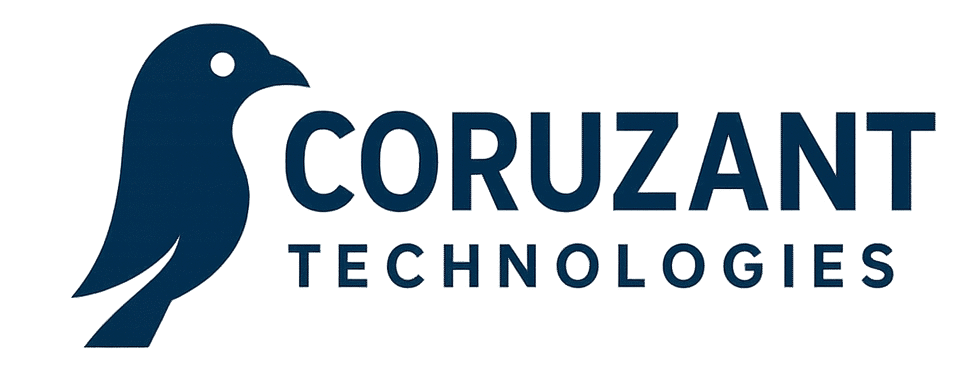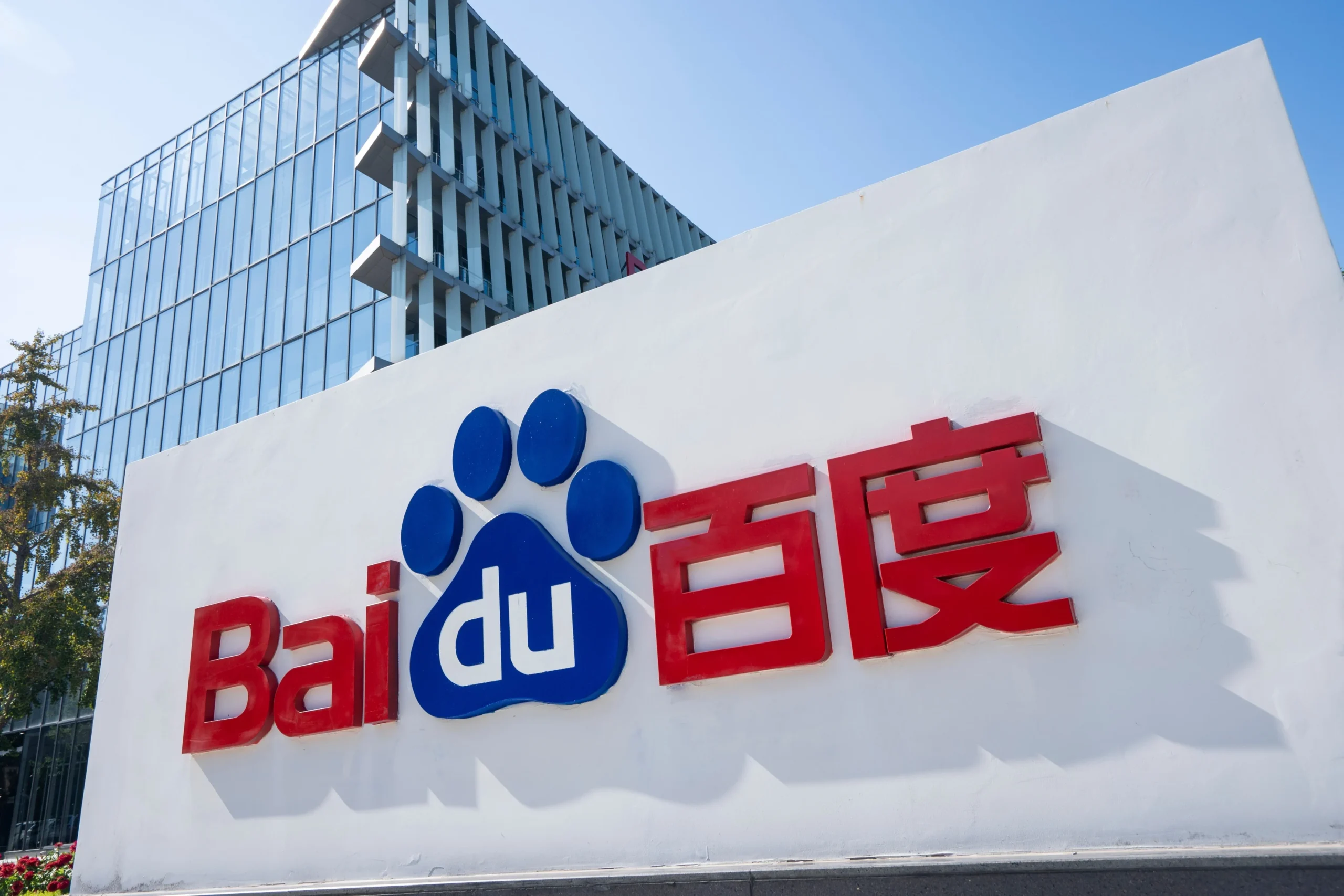It is believed that Huawei’s CloudMatrix 384, a similar product composed of 384 of its Ascend 910C CPUs, is more powerful than Nvidia’s (NVDA) GB200 NVL72, one of the American chipmaker’s most advanced system-level products.
Furthermore, Huawei announced in September that it would launch more powerful supernode products in the years to come.
The first half of next year will see the release of Baidu’s Tianchi 256, which will be constructed from 256 of its P800 chips. A more sophisticated version that makes use of 512 of these chips will be unveiled in the second half.
The company also unveiled a new iteration of its Ernie big language model, which it says does remarkably well not only in text processing but also in image and video analysis.
Beijing (Reuters) Baidu (BIDU, 9888.HK) unveiled two new AI semiconductors on Thursday, asserting that the devices can provide robust, reasonably priced, and locally controlled processing power to Chinese enterprises.
Growing tensions between the two nations have resulted in restrictions on the shipment of advanced U.S. AI chips to China, forcing many Chinese companies to develop their own processors or search for domestic alternatives.
The company said at its annual Baidu World technology conference that the inference-focused M100 processor would be released in early 2026. The M300, which can be used for both training and inference, will be released in early 2027.
Prior to Thursday’s session, Baidu’s US-listed shares saw a slight increase, but Hong Kong’s stock saw little change.
Training builds AI models by finding patterns in large datasets, whereas inference uses those models to make predictions and respond to user requests.
Baidu, which has been producing proprietary chips since 2011, also unveiled two so-called supernode products. These devices connect multiple chips and try to compensate for the performance issues of individual chips by utilizing advanced networking features.
It is believed that Huawei’s CloudMatrix 384, a similar product composed of 384 of its Ascend 910C CPUs, is more powerful than Nvidia’s (NVDA) GB200 NVL72, one of the American chipmaker’s most advanced system-level products.
Furthermore, Huawei announced in September that it would launch more powerful supernode products in the years to come.
The first half of next year will see the release of Baidu’s Tianchi 256, which will be constructed from 256 of its P800 chips. A more sophisticated version that makes use of 512 of these chips will be unveiled in the second half.
The company also unveiled a new iteration of its Ernie big language model, which it says does remarkably well not only in text processing but also in image and video analysis.

